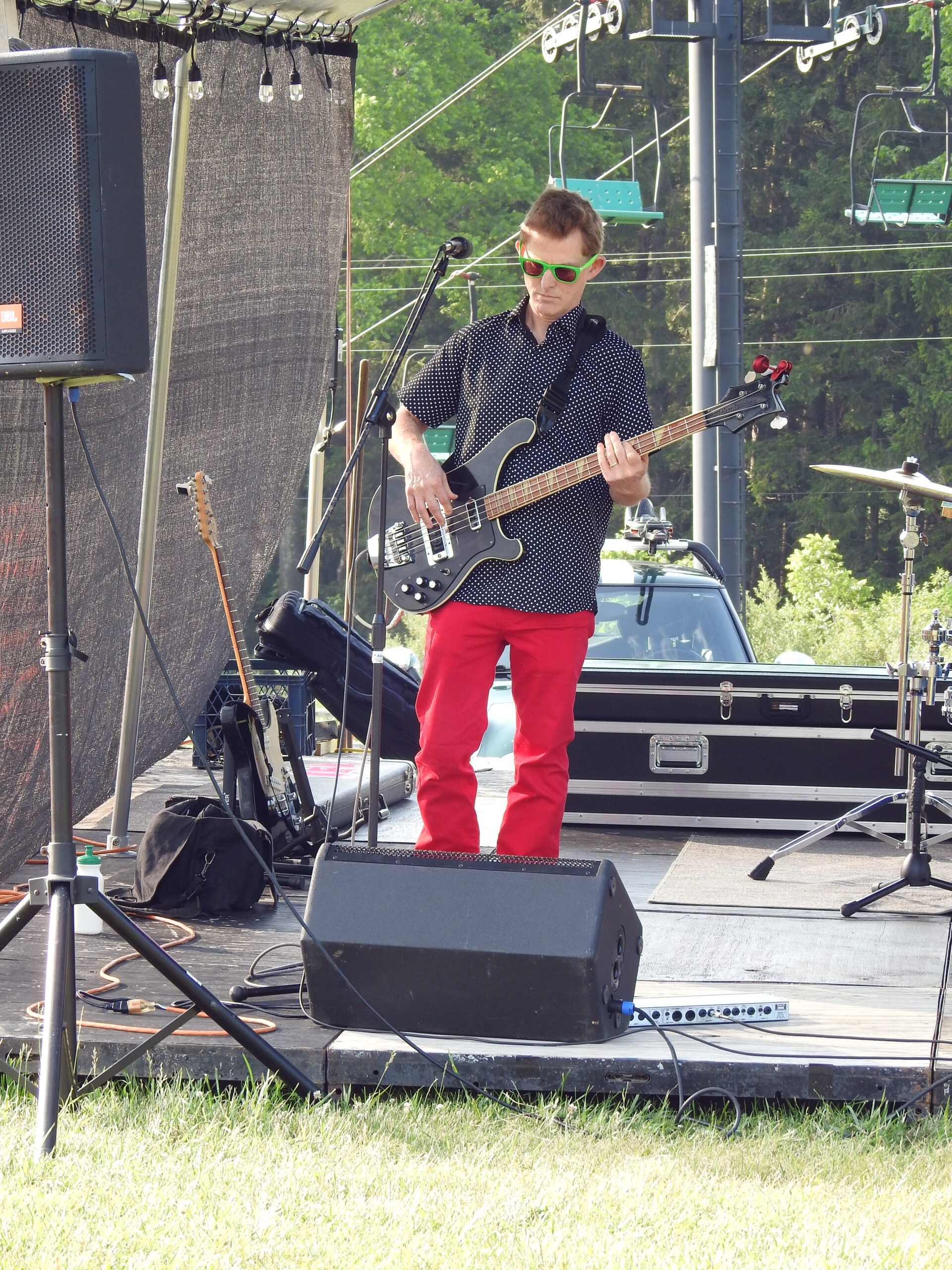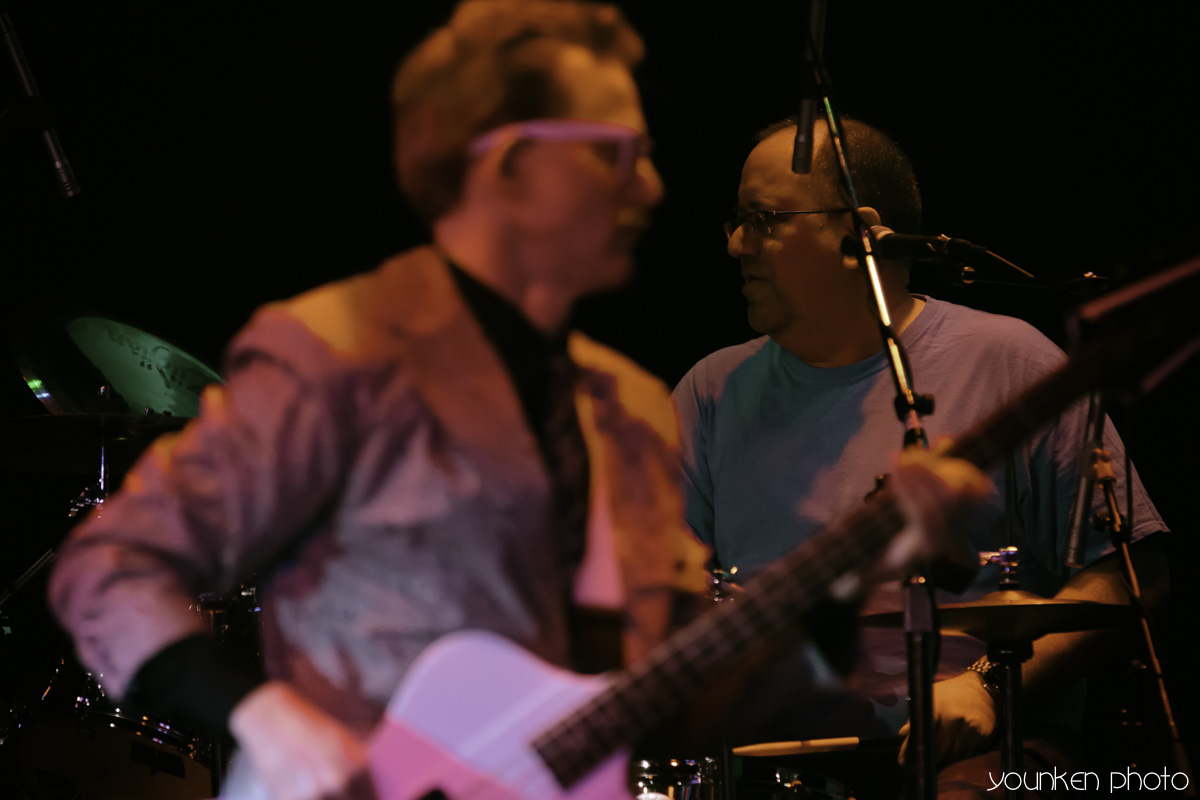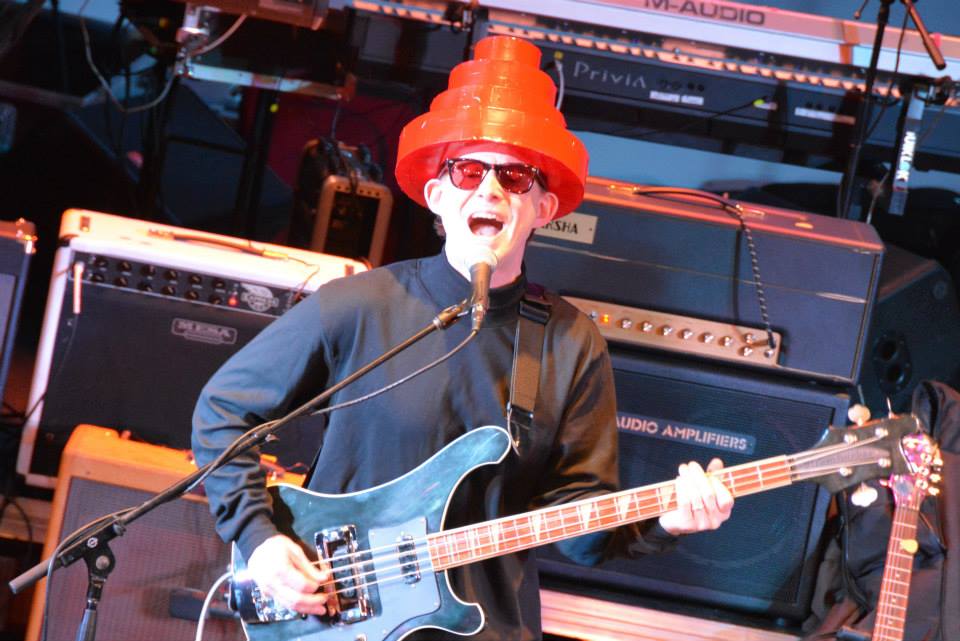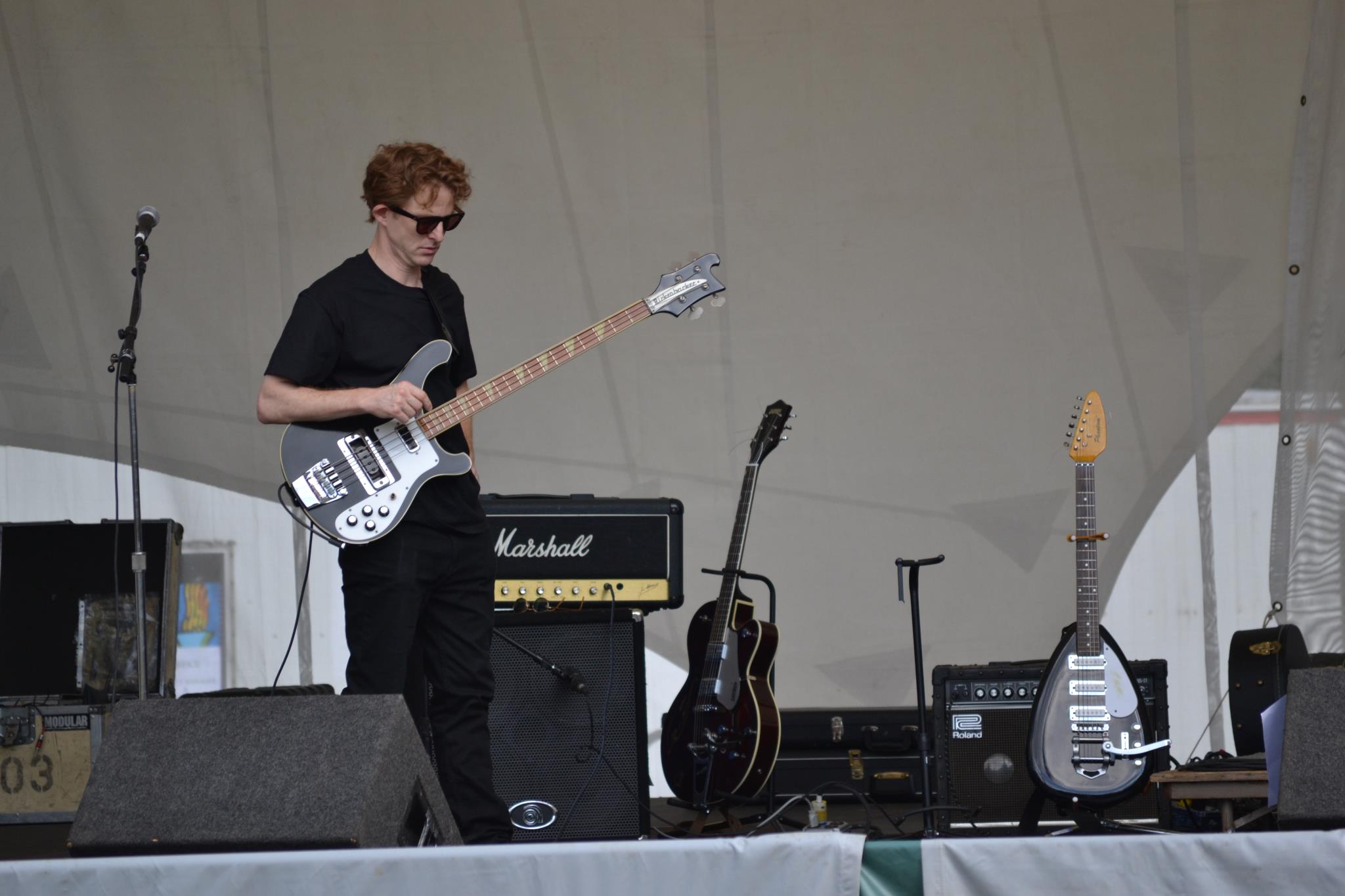Songs I Wish I’d Written: We Can Be Together
I understand why my punk-rock purist friends never got my love for the Jefferson Airplane. They associate them (fairly) with stoned-out hippies. They associate them (fairly) with the messy, frequently unbearable hard rock band Jefferson Starship devolved into during the the 1970s and 1980s. They see them as mere acid casualties who bore no relevance to the punk rock revolution.
Fuck my punk-rock purist friends: Jefferson Airplane were punk rock.
I realize this is a laughable statement on many levels. If punk rock is defined strictly as a frame of musical expression bounded by heavily distorted and simply played guitar, bass, and drums, then the Airplane clearly don’t qualify. If punk politics can extend no further than “Destroy,” the Airplane are excluded.
But if your definition of punk rock is broad enough to include anything that gives a great big musical middle finger to the establishment, up to and including calling for total revolution, then the Airplane fits.
The Airplane’s revolutionary side reached its pinnacle in “We Can Be Together.” If you haven’t heard it, it’s going to sound pretty far from most definitions of punk rock. Driven by a rollicking piano, embellished with Jorma Kaukonen’s weeping guitar lines, and pushed completely over the cliff by the trademark three-part harmonies of Paul Kantner, Marty Balin, and Grace Slick, there’s little on the surface that indicates punk sensibility:
“We Can Be Together” leads off 1969’s Volunteers, an album that explicitly exhorted the turned-on, pissed-off, put-upon youth of America to dodge the draft, drop out of the system, get in the streets, and fuck shit up. This song is a clarion call to unite and take action.
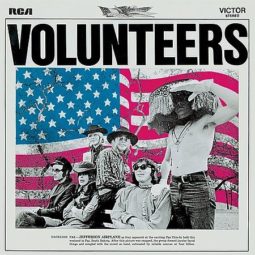 The Airplane had the commercial clout to make RCA Records—not exactly a bastion of countercultural sentiment—release Volunteers with relatively little interference. Evidently the company balked at printing curse words on the lyric sheet, but not at the more dangerous sentiments of the lyrics themselves. For instance:
The Airplane had the commercial clout to make RCA Records—not exactly a bastion of countercultural sentiment—release Volunteers with relatively little interference. Evidently the company balked at printing curse words on the lyric sheet, but not at the more dangerous sentiments of the lyrics themselves. For instance:
All your private property is target for your enemy
And your enemy is me.
In the Weatherman era, a declaration like this this was no joke. And 30 seconds later, they acknowledge just how far off the accepted reservation they’ve gone—and incidentally claim anarchy a good seven years before the Sex Pistols were even a glint in Malcom McClaren’s eye:
We are forces of chaos and anarchy
Everything they say we are, we are
And we are very proud of ourselves.
And at this point, the entire song pauses, like the whole band is catching its breath, and then the instruments and the three-part harmony comes back in, more passionate than ever. And here’s where this song makes me wish I’d written it, and why you never hear the album version on radio, even today.
Grace, Paul, and Marty, in perfect three-part harmony, exuberantly sing:
Up against the wall
Up against the wall, MOTHERFUCKER!
The joy in their voices as they sing “motherfucker” is apparent, and that line makes the song.
But dig it: what comes next for the motherfucker (and it’s pretty ambiguous whether it’s “the kids” or “the man”) up against the wall isn’t execution, or even trial. It’s an offer of liberation:
Tear down the wall!
Tear down the wall!
And the song ends with a callback to the centerpiece of the After Bathing at Baxter’s album from two years earlier, with Grace asking everyone to do their part:
Won’t you try?
Which I’ve always taken as the Airplane acknowledging that their political revolution has little chance to succeed, but that the effort is still worth making. And that maybe a revolution of the mind is more important than the revolution in the streets.
To me, that sentiment—that revolution begins with you, and the status quo can go fuck itself—is about as punk rock as it gets. So when the Airplane follows the Pistols or Wire or the Dead Kennedys or Black Flag on my iPod’s random shuffle, it seems less jarring juxtaposition than complementary parts of a larger whole.
Your mileage may vary, natch. This argument sure hasn’t converted any of my punk-rock purist friends. But isn’t dogmatic adherence to predefined formulas supposed to be anathema to the punk ethos, such as it is?
Interestingly, the strongest musical connection between the Airplane and any more traditionally “punk” band is the rich vocal blend that makes the word “motherfucker” so shocking in this song. The Airplane’s often just plain odd harmonies presaged John Doe and Exene Cervenka’s unique blend on the first four albums by X. Compare them and see if you can’t hear it yourself.
As for a connection between “We Can Be Together” and The Long Afternoon’s work, all I can point to is the elliptical, typically cryptic tribute to the movement Jefferson Airplane championed in our song “Building,” about the brilliant protest that tried to levitate the Pentagon:
Wrapping up, I applaud this song’s insistence that we’re stronger together than apart, and that we should tear down artificial divisions that make see enemies instead of individuals.
I just wish this song still seemed like an anachronism to me, as it once did. Instead, today, “We Can Be Together” possesses an eerie, uncomfortable relevance.



